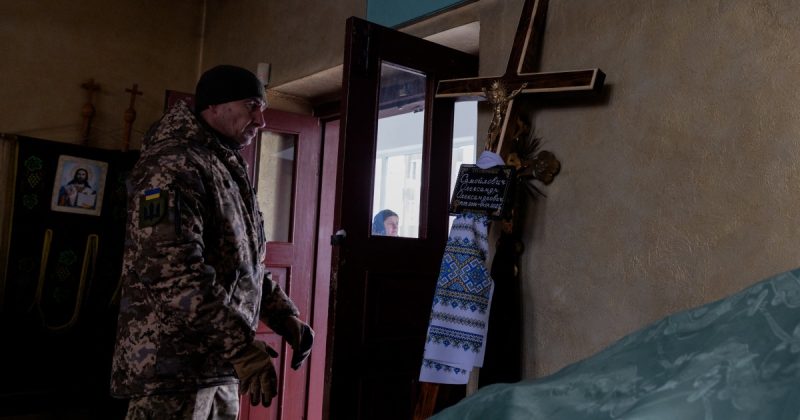
The ongoing conflict in Ukraine took another turn this weekend as both Russia and Ukraine accused each other of violating a tentative ceasefire agreement brokered by the United States. The accusations were made during a high-level conference in Turkey, highlighting the significant challenges in achieving a lasting peace.
The two countries’ foreign ministers, speaking at separate events at the Antalya Diplomacy Forum, traded barbs a day after a US envoy met with Russian President Vladimir Putin to discuss potential peace prospects. This recent exchange follows a previous agreement in principle for a limited 30-day ceasefire, which both sides promptly accused the other of breaking.
Russia’s Foreign Minister, Sergei Lavrov, claimed that Ukraine had been continuously attacking Russia, with only a few exceptions, since the agreement. He further stated that Russia would provide evidence of these alleged attacks to the US, Turkey, and other international bodies. In contrast, Ukraine’s Foreign Minister, Andrii Sybiha, vehemently denied Russia’s claims, citing a significant number of missile and drone attacks against Ukrainian civilians since the supposed ceasefire.
This conflicting narrative underscores the deep mistrust between the two nations and the significant obstacles to peace negotiations. The situation is further complicated by Russia’s apparent advantage on the ground and warnings from Kyiv of an impending Russian spring offensive. While Ukraine has expressed support for a broader US ceasefire proposal, Russia has effectively stalled progress by imposing stringent conditions.
Adding to the complex situation, reports emerged of the loss of a second F-16 fighter jet supplied by Western allies to Ukraine, with the pilot tragically killed. The crash reportedly occurred during the defense against a Russian missile strike, adding another layer of tension to the ongoing conflict. Meanwhile, in a separate incident, Russian drone strikes claimed the lives of at least two civilians in southern Ukraine’s Kherson region.
President Trump weighed in on Friday, calling the war “terrible and senseless” and urging Russia to take action towards ending the conflict. Furthermore, Russia’s Lavrov reiterated that a potential U.S.-backed agreement to ensure safe Black Sea shipping for commercial vessels was contingent on the lifting of restrictions on Russian access to shipping insurance, docking ports, and international payment systems. This follows the collapse of a previous agreement in 2022 that was brokered by the UN and Turkey but subsequently halted by Russia.
The conflicting statements and continued violence paint a grim picture, highlighting the deep divisions and the long road ahead before a lasting peace can be achieved in Ukraine.










